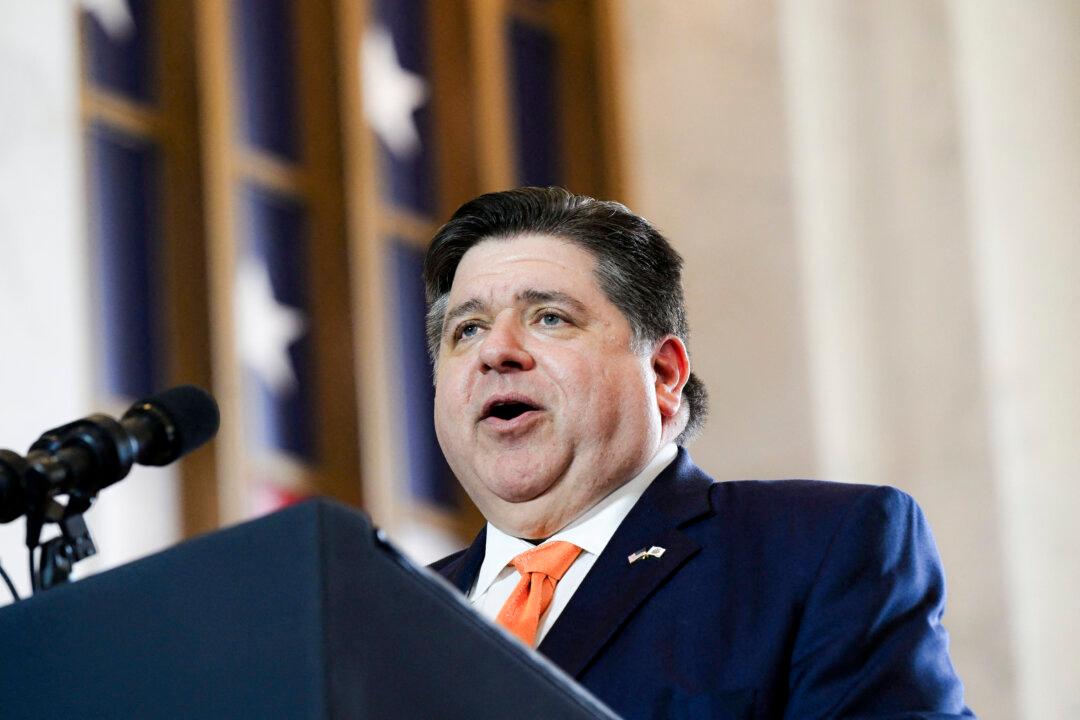A common theme emerged from local, state, and federal officials Thursday at a Chicago press conference ahead of the Democratic National Convention (DNC): The approach to security has changed little because of July 13, when former President Donald Trump was nearly assassinated at a rally in Butler, Pennsylvania.
Anthony Guglielmi, the chief of communications for the U.S. Secret Service, told The Epoch Times that the DNC is considered a National Special Security Event (NSSE), a label assigned by the Department of Homeland Security (DHS).





